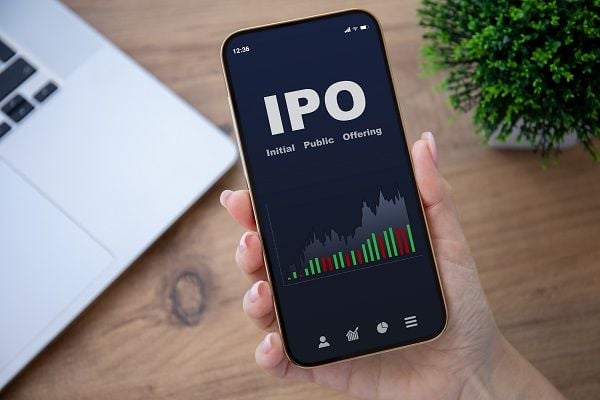The barriers to entering the world of initial public offerings (IPOs) have been drastically lowered, thanks to online brokerages like Robinhood and SoFi. Now, average investors with an investment account have the opportunity to purchase shares of companies set to go public.
Historically, investing in an IPO was a luxury reserved for accredited investors with a net worth of at least $1 million and an annual income exceeding $200,000, according to the U.S. Securities and Exchange Commission. As a result, many retail investors had to wait until companies started trading, often missing out on spontaneous initial gains.
The recent IPO market has seen a surge in new entities such as Klarna, Gemini, StubHub, and Bullish. However, buying shares after a company goes public can often result in lower gains for investors. Take, for instance, the design software company Figma which went public in late July. It priced its IPO at $33 per share but started trading at $85, thereby denying regular traders the opportunity to double their investment.
Innovative platforms like Robinhood and SoFi enable investors to express interest in upcoming IPOs and determine the number of shares they want to purchase at the expected IPO price. However, securing these orders is not guaranteed. Brokerages receive a fraction of IPO shares which get randomly distributed to potential investors. These platforms also have strict protocols to dissuade investors from "flipping" - selling their newly acquired stocks if the prices jump on the first day of trading.
Retail investors are slowly changing the investment trends. Instead of immediately selling off their holdings, they're choosing to sustain their investments in companies they believe in, thereby becoming foundational investors that align with the company's growth trajectory.
The reception of a new stock largely depends on the industry. According to finance professor Jay Ritter, retail investors can significantly influence the pricing and price fluctuations of companies with extensive retail recognition, like gaming companies.
In summary, retail investors now have easier access to pre-IPO companies through online brokerage firms. These platforms allow investors to express their interest and place orders for preferred shares, and their allocation is random and proportional to the brokerage's total allotment. While penalties exist for 'flipping', this new approach to IPO participation signals a shift towards broader market accessibility.

